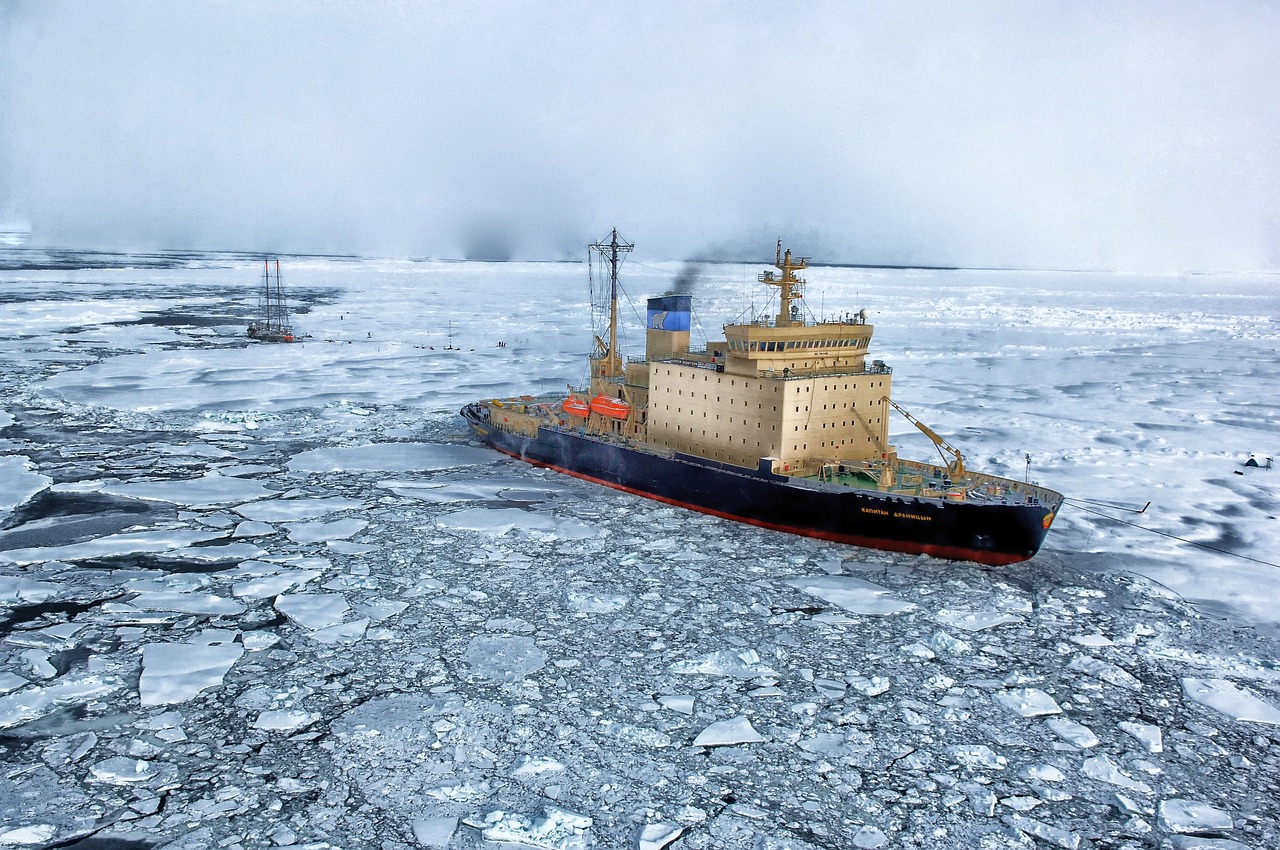It turns out that the Arctic isn't the easiest place to lay a cable.
Expensive and logistically challenging, Arctic cables are at the center of one of our recommended reads for this month. If you're up for a story that includes forged signatures, Arctic ambitions, and the dynamite quote, “The question is not why Elizabeth did it, but rather, how did she think she’d get away with it?”—then keep reading, my friends.
We're also reading about how U.S. policy on Huawei technology is impacting small communities, trends in mobile termination rates, and the noise pollution that accompanies innovation.
Get up to speed below.
The Billion-Dollar High-Speed Internet Scam
It would be an understatement to say that Anchorage telecom startup Quintillion Subsea Holdings LLC hit their fair share of snags with a recent attempt to build a trans-Arctic cable.
Chief among those snags were allegations of fraud against Co-founder Elizabeth Pierce. Investigations unearthed "forged signatures on contracts worth more than $1 billion," many of which supported the ambitious Arctic fiber project.
Bloomberg Businessweek has the whole story, covering everything from Quintillion’s original ambitions to public fascination with Arctic routes.
Huawei helped bring internet to small-town America. Now its equipment has to go.
In May 2019 President Trump signed an executive order prohibiting U.S. companies from purchasing telecom equipment from "high-risk entities subject to the jurisdiction of a foreign adversary." This measure is widely believed to target Chinese tech giant Huawei.
But another more local story has emerged.
Small U.S. communities dependent on Huawei technology—technology that was actually subsidized by the federal government in the first place—are now forced to remove the equipment amid trade and security battles. This Washington Post piece has more.
Why Everything Is Getting Louder
New technology is a constant in our lives. It comes to us in the form of new devices, stronger download speeds, and greater connectivity.
It turns out that living in the future is really loud.
This piece by The Atlantic digs into the noise pollution that comes alongside innovation.
Termination Rates Continue Downward Trend
Mobile termination rates have been falling steadily over the past decade. And that trajectory is only set to continue through the next few years. (According to figures from our GlobalComms Database, the average MTR worldwide dropped from $0.07 per minute in 2010 to below $0.02 in 2019.)
What does that mean for the larger market? Pete Bell explores.
Bonus: What TeleGeography is Listening To
We're a company that appreciates content in all different forms.
Recently, some of us have been working to the sweet, sweet hum of a data center. Naturally it was colocation expert Jon Hjembo who flagged a site where we could literally listen to the internet as we wrote about/analyzed internet trends and forecasts. Meta.
Think you've got something that should be on our monthly reading list? Tweet it to us @TeleGeography.

